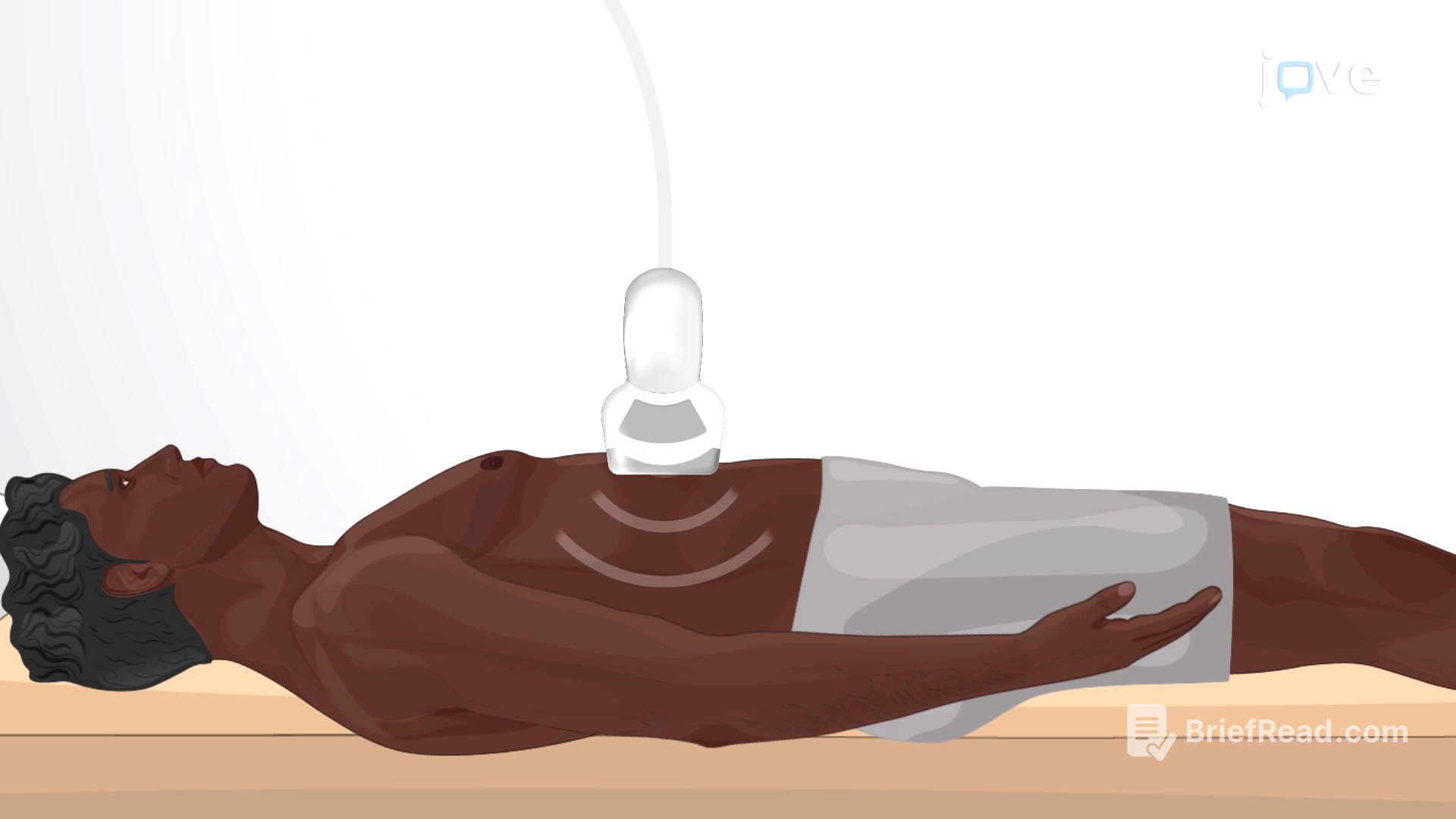TLDR;
The video discusses the dire financial situation of pensioners in Egypt, where 80% live below the poverty line due to difficult living conditions, rising inflation, and declining pension values. It highlights the inadequacy of current pensions compared to the rising cost of living, using real-life examples to illustrate the struggles faced by retirees. The video also touches on the historical mismanagement of pension funds and legislative discrimination in pension distribution, advocating for fair treatment and financial security for all pensioners.
- 80% of Egyptian pensioners live below the poverty line.
- Current pensions are insufficient to cover basic living expenses due to inflation and rising costs.
- The government's extension of pension debt repayment until 2075 raises concerns about long-term financial security for retirees.
Introduction: The Plight of Egyptian Pensioners [0:00]
The video begins by highlighting the difficult living conditions faced by 11.5 million pensioners in Egypt, exacerbated by rising inflation, high prices, and the declining value of retirement pensions, which range between 1,500 and 3,000 pounds. These amounts are significantly less than the minimum wage of 7,000 pounds, which is approximately $140. An official in the Manpower Committee stated that 80% of pensioners receive less than 3,000 pounds per month, placing them below the international poverty line of $2.15 per day, or about $64 per month based on current exchange rates.
The Disparity Between Pension Packages and Living Expenses [2:38]
The presenter questions the government's claim of spending 38 billion pounds monthly, which averages to 3,300 pounds per beneficiary, challenging officials to demonstrate how one can live on such an amount. The minimum civil pension is 1,495.95 pounds, while the maximum is 11,600 pounds, depending on job grade and insurance period. The presenter emphasizes that the majority of pensioners are struggling due to the declining value of the pound and the increasing prices of basic goods and services, which have significantly reduced their purchasing power.
Case Study 1: Mrs. Ebtihal Salama's Financial Struggles [4:29]
The video presents the case of Mrs. Ebtihal Salama, a 62-year-old retired teacher with a pension of 2,600 pounds, living in the Faisal neighborhood of Giza. Her rent is 4,250 pounds due to increased rents caused by a large number of refugees from neighboring countries. She lives alone, spending 6,000 pounds on food and drink, 1,000 pounds on utilities, and 1,800 pounds on medicine for chronic diseases like diabetes and high blood pressure. Her basic expenses total around 13,000 pounds a month. She relies on her husband’s pension of 4,170 pounds and 8,000 pounds sent by her son from Saudi Arabia to cover her expenses, highlighting the inadequacy of her pension alone.
Case Study 2: Hajj Gamal Abdel Rady's Financial Struggles [6:50]
The video discusses the situation of Hajj Gamal Abdel Rady, a 69-year-old building guard in Matariya, whose pension is insufficient to cover his expenses. He supports his wife, divorced daughter, and two grandchildren, who are in school. He relies on extra work and assistance from acquaintances to cover living expenses. He advocates for his daughter to work in a hospital to earn additional income, emphasizing the need for a minimum wage of 7,000 pounds to cope with rising costs of living, food, medicine, rent, bills, and transportation.
The Impact of Rising Costs and Legislative Discrimination [8:10]
Official data indicates that medicine prices for chronic diseases have risen by 25-40% this year, with vitamins and supplements increasing by 50%. Fuel prices have increased four times in 13 months, leading to higher transportation expenses. Civilian pensions have seen an annual increase of 15%, but this is often insufficient to lift pensioners above the poverty line. The presenter criticizes the lack of a minimum and maximum limit for civilian pensions, unlike the military, which constitutes legislative discrimination.
Call for Equality and Addressing the Pension Crisis [9:06]
The presenter calls for the abolition of legislative discrimination in pensions, citing Article 53 of the Egyptian Constitution, which guarantees equality for all citizens before the law. He emphasizes the need to address the wide gap in protection systems between civilian and military retirees. The presenter criticizes the government's decision to extend the period for paying pension installments until the year 2075, questioning whether anyone alive today will benefit from this arrangement.
Historical Mismanagement of Pension Funds [11:00]
The presenter discusses the historical mismanagement of pension funds, dating back to the establishment of the National Investment Bank in 1980. Instead of investing people’s money in the stock market or in profitable companies, it was taken and spent. In 2005, the Ministry of Social Insurance was merged with the Ministry of Finance, giving the latter control over all pension funds. The government borrowed money from these funds, using it for projects like the Production City. Had the funds been invested wisely in sectors like gold, petrochemicals, fertilizers, and cement, today’s pensioners would be financially secure.
Worsening of the Pensioners’ Crisis [12:19]
The pensioners’ crisis worsened when the Social Insurance Authority began calculating pensions without including 80% of the bonuses received by insured individuals in the last five years before retirement. The presenter announces a live broadcast to discuss this issue further and encourages viewers to provide feedback on whether to change the topic of pensions. He concludes by expressing his commitment to making videos about the Egyptian economy and seeking viewer encouragement to continue this work.









